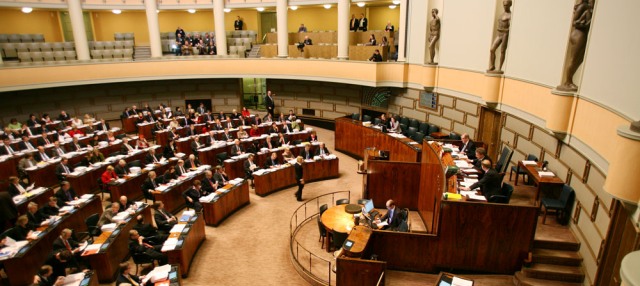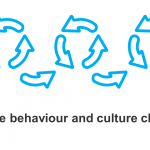I sometimes hear statements such as “Agile experimentation is fine for tiny start ups, but it’s hard to make it work within larger organisations that need to integrate with existing processes and ways of doing things.”
That’s why Finland’s adoption of agile experiments in policy and lawmaking is so interesting.
You don’t really get more caution or more concerns about integration than the drafting of government policy and legislation. But when the world is so complex and rapidly-changing, there is increasingly the recognition that no-one, however expert, can work out the correct solution. Increasingly it’s now smart to test ideas out in agile, iterative experiments.
One such initiative is Finland’s two year experiment exploring a Universal Basic Income.
This is where instead of people receiving unemployment and other benefits, with all sorts of means testing and other conditions, they instead receive an unconditional flat rate payment of 560 Euros per month. There are no strings, no conditions and if the recipient finds work, the payment is unaffected.
The hope is to learn about the impact on reducing bureaucracy, lowering implementation costs, the effect on reemployment rates, and also any indirect effects, such as improvements in a recipient’s mental health.
Right now, through a specialist unit of the Prime Minister’s office, Finland are exploring 26 different law making challenges in a similar manner.
Of course they also recognised that it can be hard to integrate this experimentation with their existing business-as-usual approaches. They could see the huge benefits of the approach but they had existing laws, principles and policies that would make such experimentation impossible to implement.
For example, the Finnish Constitution states that everyone must be treated the same. Treating 2000 people in the Universal Basic Income trial differently from the other 211,000 unemployed people across the country would clearly breach this long standing principle.
So the Finns enacted a law to change their constitution – a constitution that is almost 100 years old.
Faced with this – most institutions would simply let this “idea of experimentation” simply wither. But not the Finns. They could see that experimentation was the only way of moving their country forward and so they made the momentous decision to change their constitution so allow experimentation to take place.
What would it take for you to change some of your policies, structures, beliefs and mindsets to trial experimentation in your business? Surely it is an easier challenge than changing a national constitution?
If you are ready for try some unorthodox ways of working and leading, do get in touch to see what we can uncover together.









